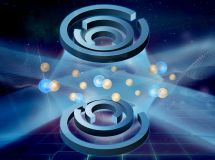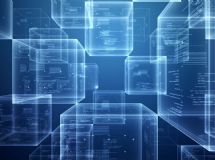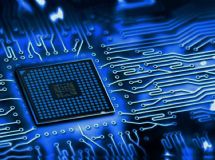- One of the easiest things you can do to speed up your computer is to remove unnecessary files and programs; the more you have on your hard drive, the slower it runs. Back up your files on DVDs, online storage programs or on external hard drives and delete the ones you do not use or reference regularly. Photos and video files are common culprits because they tend to be large. Empty your computer's trash files and delete programs that you do not use. If you have a PC, you can run the Disk Cleanup program to safely delete caches, temporary Internet files, and optional files that are going unused.
- Spyware and viruses can compromise your personal information and slow the performance of your computer. To protect your data and speed up the system, make sure that you eliminate any problem programs. Run an antivirus scan and find a program that checks for spyware, like Ad-Aware by Lavasoft. Doing so will help your Internet run faster and keep your computer protected. Keep in mind that PCs are more vulnerable to spyware and viruses, so it can help to take steps before you have a problem.
- Sometimes, a slow computer is caused by poor performance of the physical components in your computer. To make it run faster, take the machine into a computer shop for a cleaning or do it yourself, if you have the ability. Dust buildup is a common problem; to eliminate it, use a can of compressed air to blow out the dust from your machine.
- If your computer is older, upgrading to new hardware, software or operating systems can make it run faster. Generally, updated systems make changes that are designed to make the computer execute tasks faster. Check to make sure that your commonly-used programs are the latest version, and upgrade them when necessary. Move to the latest version of your operating system, and consider adding new hardware to make the internal mechanisms of your computer run efficiently.
Delete Unnecessary Items
Remove Spyware and Viruses
Maintenance
Upgrade
SHARE




































